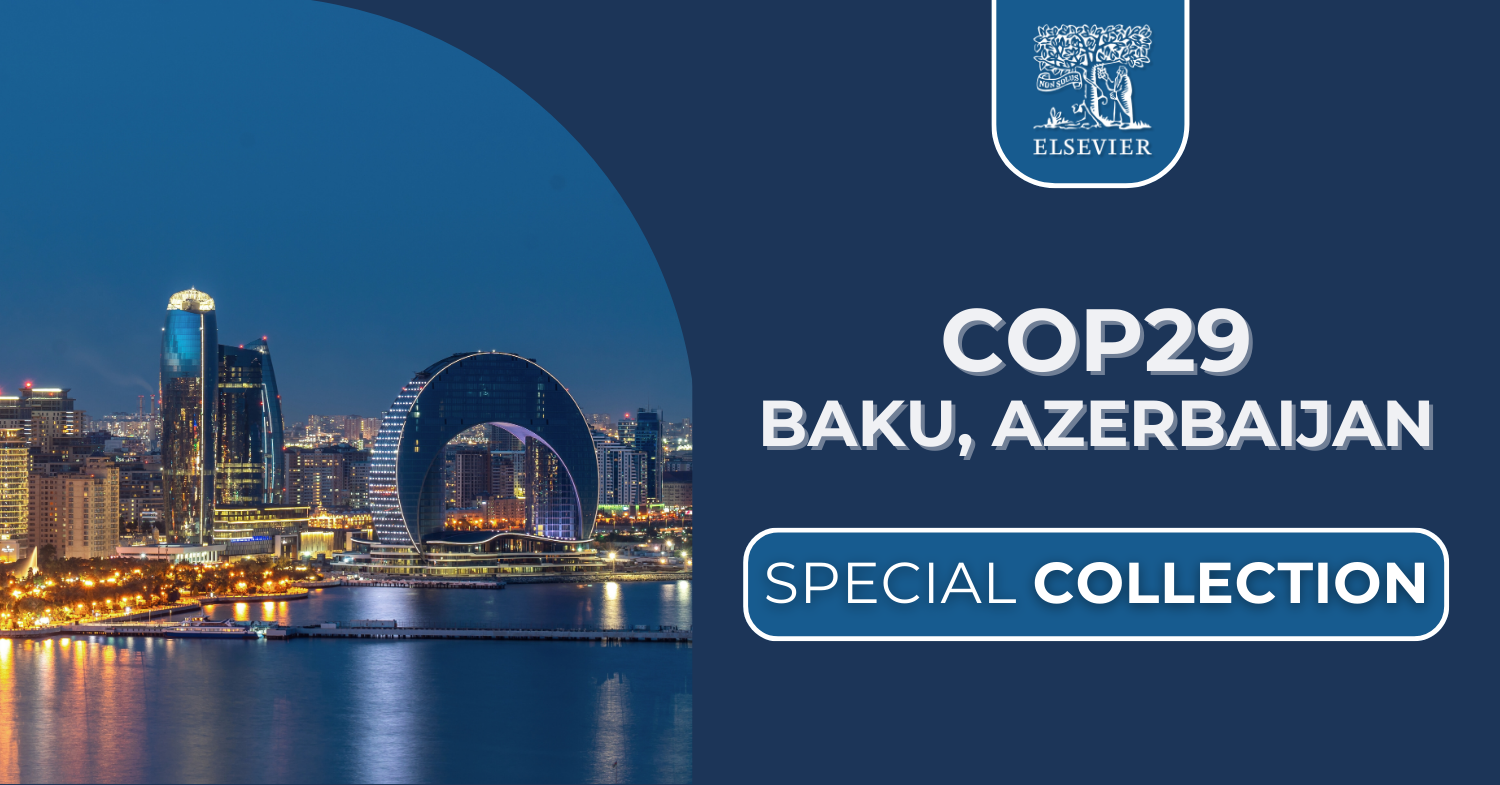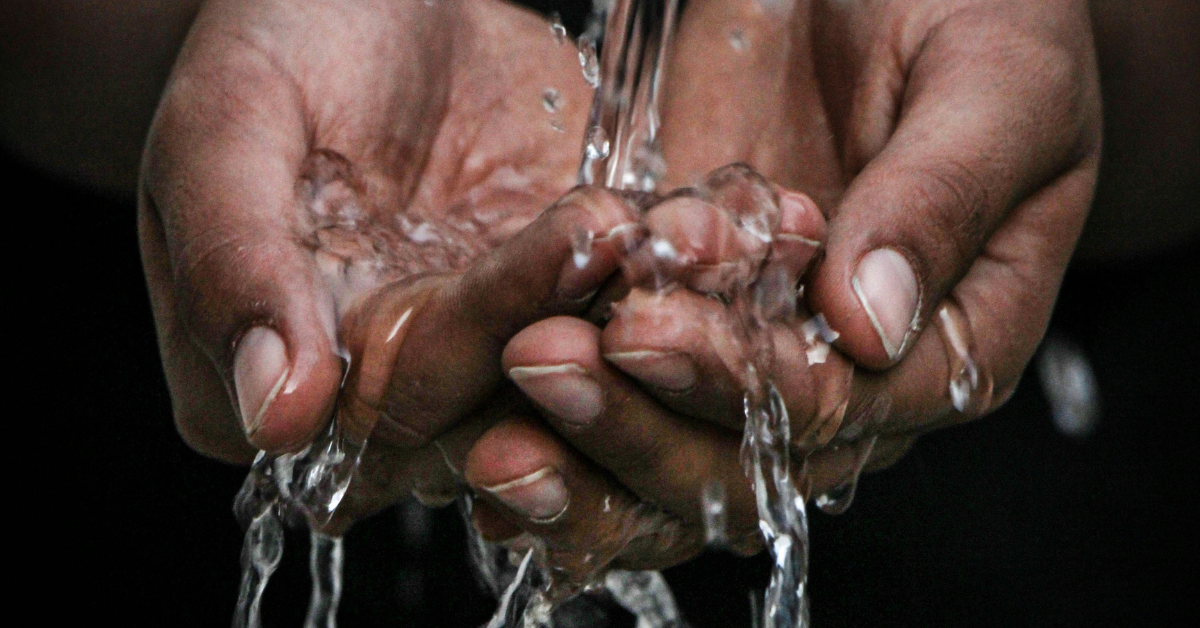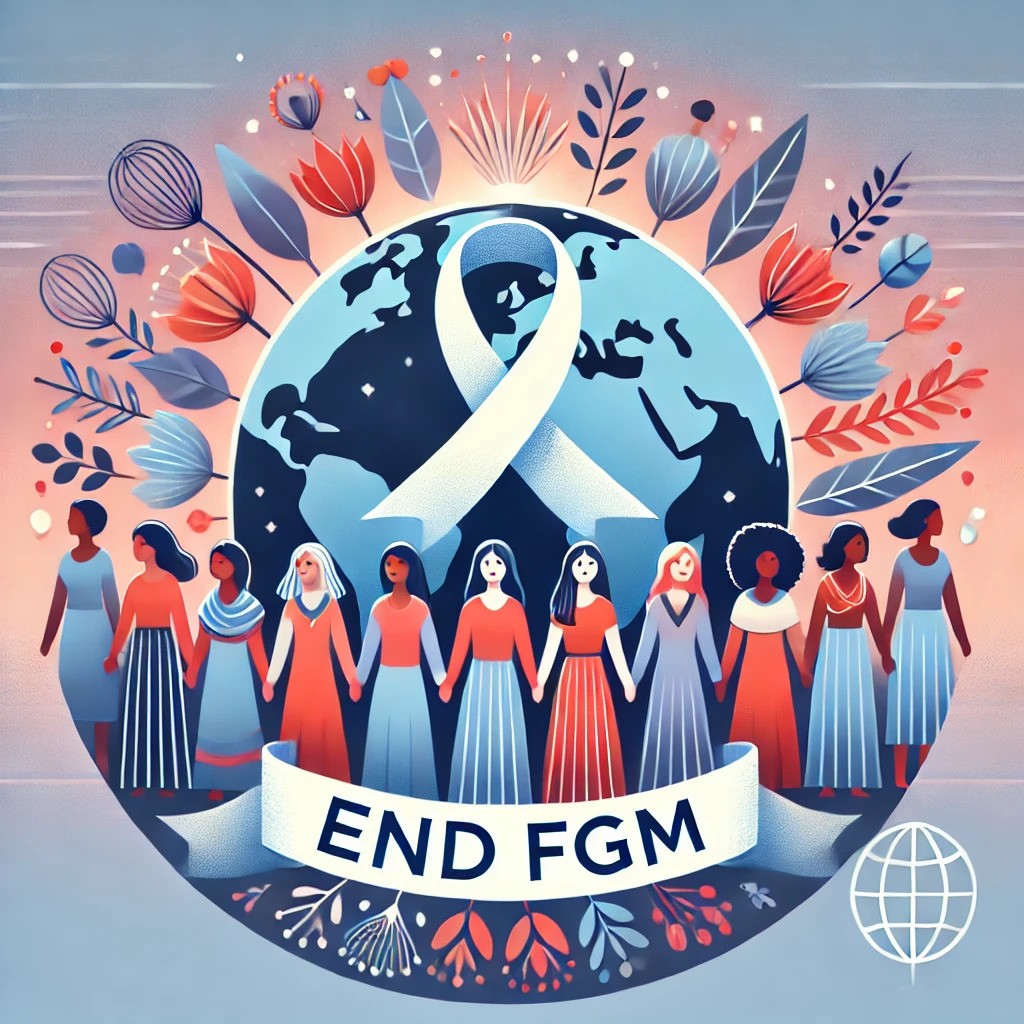In November, 197 countries plus the European Union will convene in Baku, Azerbaijan for the 29th session of the Conference of the Parties to the United Nations Framework Convention on Climate Change or COP29. COP29 will bring together world leaders to assess global efforts to advance the Paris Agreement and limit global warming to 1.5°C.
The RELX Environmental Challenge 2024 shortlist has been announced and features four innovative projects that provide sustainable access to safe water and improved sanitation.
International Day of Zero Tolerance for Female Genital Mutilation 2026: #HerVoiceMatters in the Global Movement to End Female Genital Mutilation
International Day of Human Fraternity 2026: Promoting Unity, Peace, and Tolerance
Observed annually on February 4, the International Day of Human Fraternity celebrates the importance of cultural and religious tolerance and promotes a global commitment to unity and peace. Established by the United Nations General Assembly in 2020 through Resolution 75/200, this day invites people and communities worldwide to support mutual respect and understanding across cultures and religions.
Origins and Background




